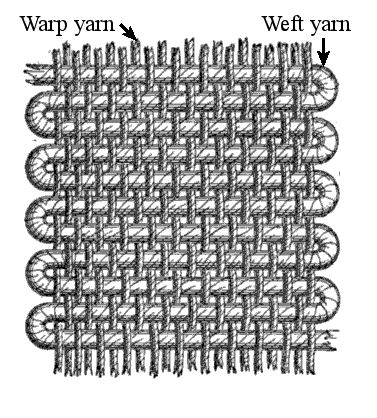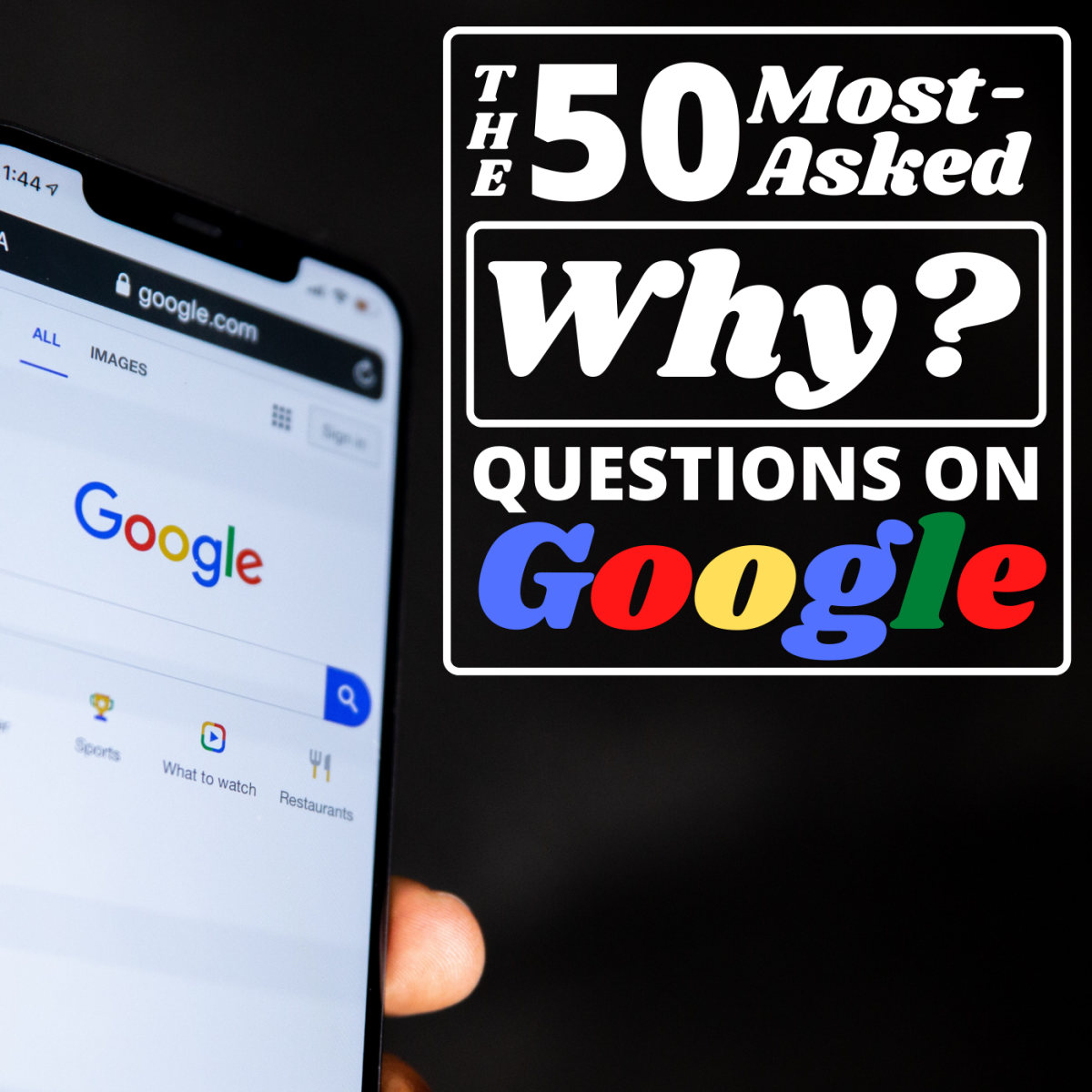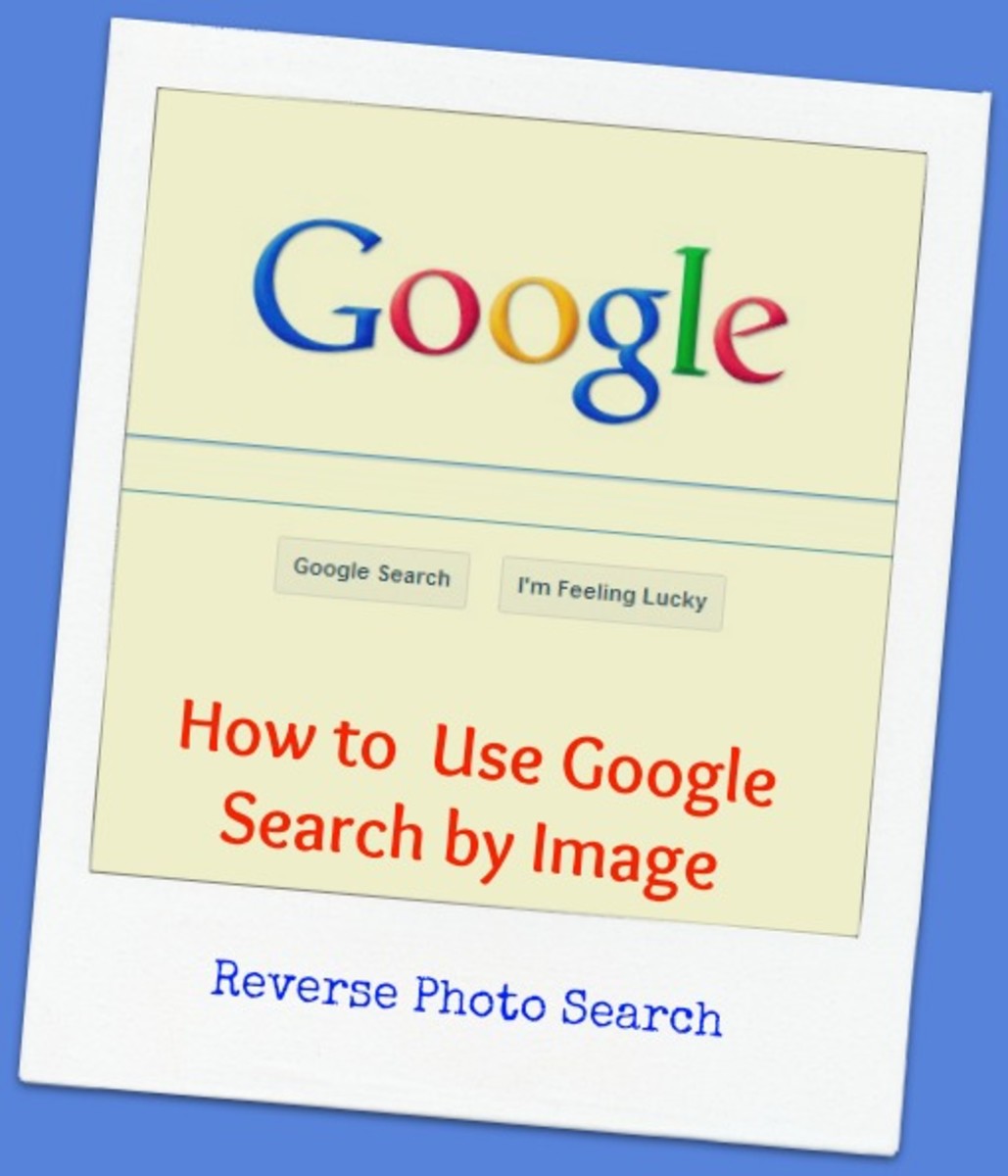When Words Aren't Words: Language as the Warp of the World Wide Web
Warp and Weft

"Non Semantic" Language
In a previous life, I was a classics major. Latin, Greek, grammar, syntax: I loved learning how language works. As the infant web grew and evolved, I became equally fascinated with how the web works.
We tend to forget why it's called a web, with all the bells and whistles that have been added in the past 20 years. Peel away the videos and popups and social media and funny cat pictures (the latter of which have been on the web since year one), and we still have:
- Pages: The weft of the web, the designs and colors and content.
- Links: The warp of the web, the connections between pages.
Finding things on the web -- navigation -- requires links. Search engines follow links to index and discover content, and people click on links in one form or another to visit different content.
However, as the web evolved, something amazing happened. Search engines initially discovered new pages via links, but once there, they learned about the words on each page.
This meant search engines were no longer restricted to finding only the things people had bothered to link up directly. By analyzing what words appear where, search engines could deduce new connections that nobody had imagined.
For example, you might link to a page with the words "click here" (although you shouldn't; it's better to have a link with meaningful words like "Coke and Mentos Fountain"). But search engines would follow the link and discover, aha, that's an "Eepybird" page, and "Diet Coke and Mentos" page. If those words often appear together on the same pages, or on links pointing to those pages, Google will realize those words are connected in some way.
Using Words as a Traffic Magnet

Words As a Navigation System for the Web
To put it differently, links get search engines to a page for the first time, but what search engines really care about is the words on the page. Yet search engines aren't intelligent: they don't actually know what "meme" means, nor do they know that "Eepybird" isn't a real word. All search engines know is that when people are looking at the "eepybird" site, they're looking at things called "viral videos," because that's a phrase a lot of people use when linking to Eeepybird.
Meanings of words are not necessarily important to search engines. When you search for "cheezburger" (or even "cheeseburger"), chances are high you are not trying to find a home delivery service to send you a cheeseburger, but rather, you want to look at pictures of funny cats.
Think about that for a moment. "Cheeseburger" = "cats pictures with stupid captions." That's not what "cheeseburger" means!
What's going on here?
On the web, words are not simply serving as a way to communicate with human readers (although that's their primary purpose). They are a filing system. They behave like street names, which are quite arbitrary, but absolutely essential to help you find your way. They're like the signs over grocery store aisles, only we're all speaking in a secret code where "splunge biscuit" could mean "soft drinks."
At the same time as you are using words to express meaning to your readers, you also have to use the words and phrases people tend to search for when looking up and talking about your topic. And that is a fascinating challenge: it's a detective game that's half a study of language usage, half psychology.
A lot of people use SEO as a tool. I do and must, because I'm trying to earn a living online. However, I initially was drawn into SEO because I was fascinated by how the web has changed the fundamental nature of language itself. Words are no longer simply what they mean. They're what they point to.








